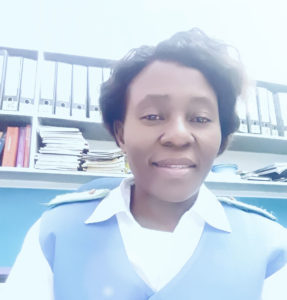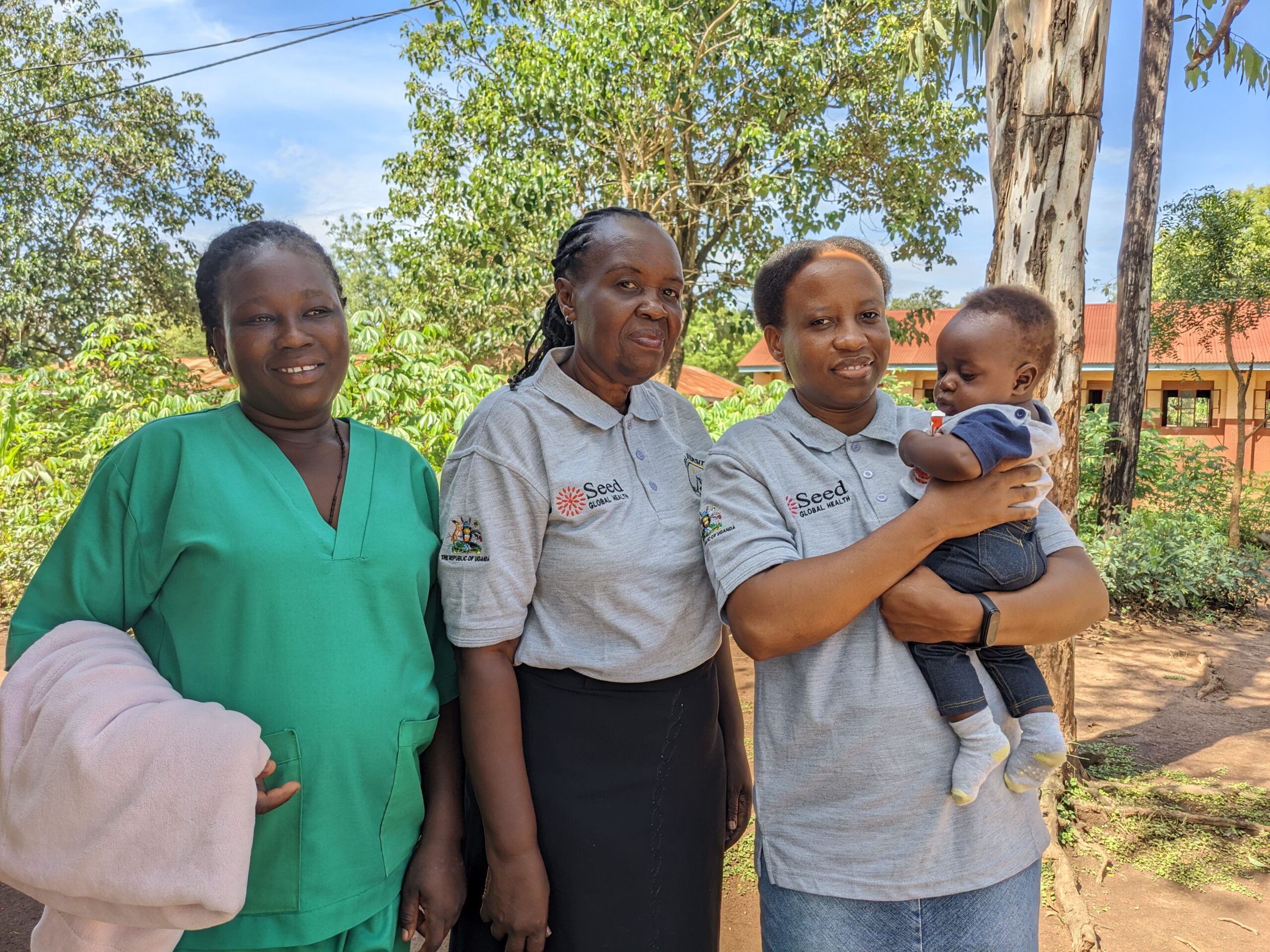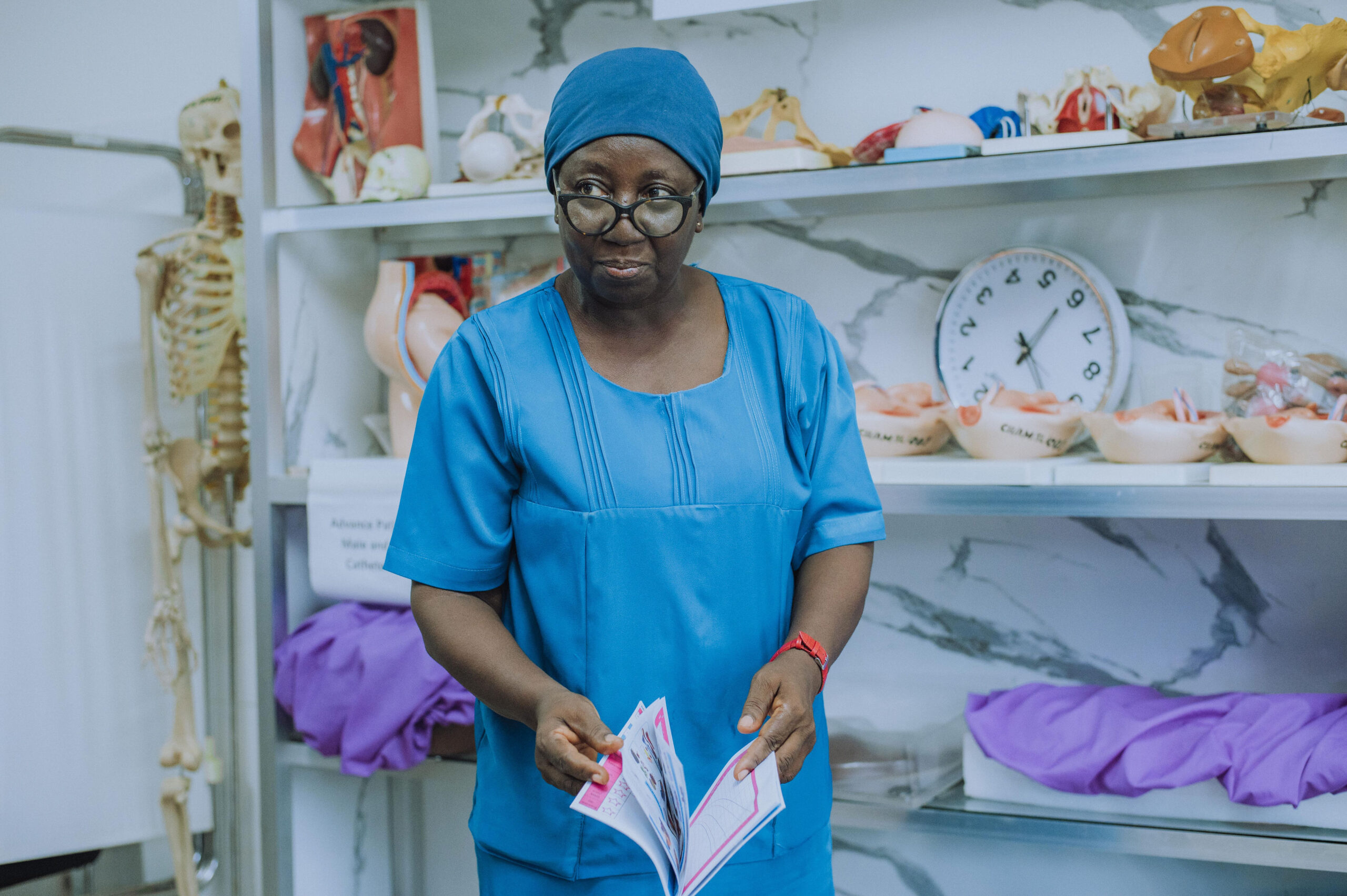Reestablishing a Midwifery-Led Maternity Ward in Malawi
Across the globe, women continue to experience maltreatment at the hands of health professionals during childbirth. To address this in Malawi, Seed Global Health has partnered with Kamuzu College of Nursing (KCN) to reestablish the midwifery-led maternity ward that once existed at the local hospital, Queen Elizabeth Central Hospital (QECH). We spoke with Judith Chirwa, Chief Nursing and Midwifery Officer, QECH to learn about the significance of the ward and its potential impact on maternal and child health outcomes in the country.
Please tell us a bit about yourself and your role at QECH
I am an enthusiastic and passionate midwife with over 20 years’ experience providing maternal and neonatal health services as a bedside nurse midwife and in leadership roles both at district and tertiary facilities. I have a post-basic degree in midwifery.
I work as the Chief Nursing and Midwifery Officer at QECH. My role includes overseeing the smooth provision of nursing and midwifery services in the Department of Obstetrics and Gynecology. I do this by guiding staff, ensuring policies and guidelines are available, lobbying for resources, providing ongoing supportive supervision to staff, and collaborating with all necessary stakeholders.
What type of care should mothers expect to get at the midwifery-led ward (MLW)?
Mothers and their families should expect to receive comprehensive midwifery care that is individualized and responsive to their needs, respectful, and in line with the International Council of Midwives, World Health Organization, the Nurses and Midwives Council of Malawi, and Association of Malawian Midwives guidelines and requirements. Most importantly, women and their families will be oriented to their rights as well as their responsibilities, positioning them to demand for better and proper services.
How will the MLW strengthen the learning experience of midwifery students?
We will create the best possible environment that is ideal for patients, staff, and students. It will be well organized to ensure staff and students have valuable time with their patients.
QECH is committed to allocating staff that have interest and passion to work in the MLW. A midwife specialist will head the midwifery services in the ward. In addition, there will be a full-time KCN preceptor on site. We plan to conduct ongoing training, on topics like respectful maternity care, through a well-established continuous professional development program. This will ensure the staff are well prepared to model the expected level of care to students.
We will have KCN midwifery faculty in the ward regularly to provide hands-on teaching to students and mentor practicing midwives to promote acquisition of the required knowledge and skills. We have the space and opportunity to showcase who we, as midwives, can be and what we can accomplish!
What has your experience been so far working with Seed Educator Kathy Beach?
Kathy has always been on the forefront to ensure we meet our deadlines on activities and write ups. Since her role is to help get the MLW up and running, she has been proactive in ensuring that many of the activity timelines get completed. It is sad to think that she may not be here to witness the completion of the MLW, but she has been an instrumental part of the process and brings much enthusiasm to her role as a Seed Educator.
How can MLWs such as this one, impact maternal and child health outcomes in Malawi?
We anticipate that childbearing women and their families receiving care in this facility will have good neonatal outcomes, reduced maternal complications, and positive labor and delivery experiences because of the comprehensiveness of care that will be provided.
Additionally, due to care being provided by well-mentored midwives, such settings contribute to a reduction in the medicalized care of mothers during labor and delivery. Eventually, it results in a reduction in the number of instrumental and operative deliveries.
The environment in such model wards can contribute to job satisfaction among practicing midwives which will further motivate them to provide better care and improve health outcomes.
The impact may not be recognized immediately, but with time, such facilities will contribute to the reduction of both maternal and neonatal morbidity and mortality in Malawi.
What is your long-term vision and hope for the ward?
We also see the potential for growth in terms of both space and the variety of services offered. In the future, I would love to see an entire ward built or made available so that it can reach a greater number of patients and students.
We would love for the MLW to be a center of excellence in the provision of woman-centered and respectful maternity care, leading to a sustainable model that other facilities within and beyond Malawi can learn from and replicate.


